Peace Deal in Peril: Detention of South Sudan's Vice President Triggers Crisis
- by South Sudan, RNG247
- about 9 months ago
- 84 views
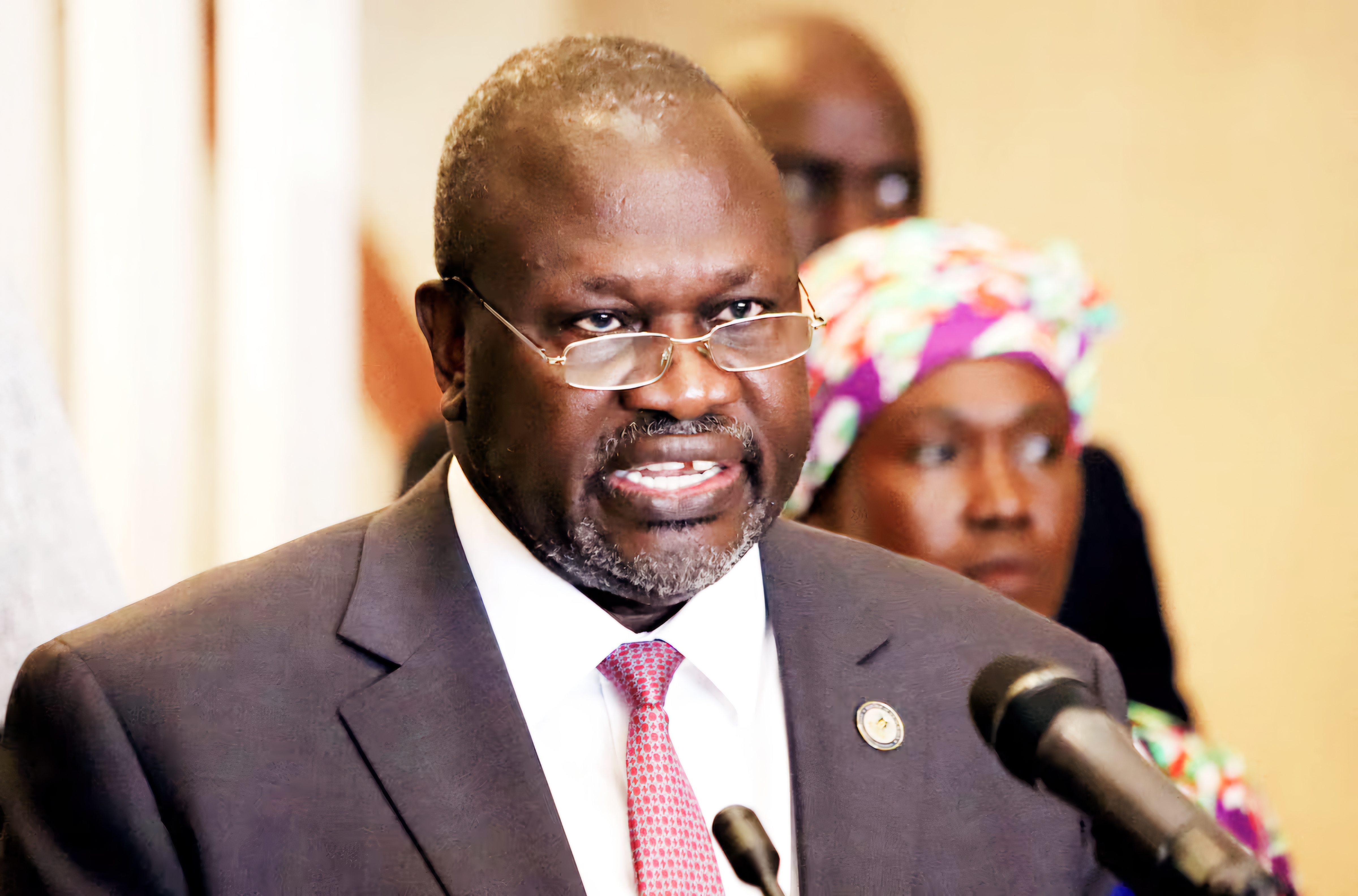
The political landscape of South Sudan has been thrown into turmoil following the detention of First Vice President Riek Machar under house arrest, an action that his party claims nullifies the peace deal that brought an end to the devastating civil war from 2013 to 2018. This alarming development was announced by Machar's political faction, the Sudan People's Liberation Movement-In Opposition (SPLM-IO), on Thursday.
In a statement, the United Nations Mission in South Sudan (UNMISS) expressed grave concerns about the situation, warning that the nation stands on the verge of returning to widespread conflict. “This will not only devastate South Sudan but also affect the entire region,” the mission stated, underscoring the implications of the escalating tensions.
The five-year civil war, largely fueled by ethnic divisions, resulted in the loss of hundreds of thousands of lives since South Sudan's independence from Sudan in 2011. Oyet Nathaniel Pierino, the deputy chair of Machar's SPLM-IO party, stated that Machar's recent arrest would lead to the "abrogation" of the peace agreement. “The prospect for peace and stability in South Sudan has now been put into serious jeopardy,” he added.
Details surrounding the detention reveal that members of the government, including the Minister of Defense and the Chief of National Security, allegedly forced their way into Machar’s residence in Juba on Wednesday night. Machar, along with his wife, is accused of supporting the White Army militia, which recently clashed with government forces in Nasir, Upper Nile State. However, SPLM-IO officials deny any ongoing ties with the White Army, asserting that they previously fought against it during the civil war.
The UN Commission on Human Rights in South Sudan condemned the arrests, labeling them a significant setback for the peace process. Chairperson Yasmin Sooka stated that “the deliberate targeting of opposition leaders and civilians represents a reckless disregard for international law and the country’s future.”
Regional responses to the crisis have been swift. Kenya, the African Union, and the Intergovernmental Authority on Development (IGAD) have also issued calls for restraint amid escalating tensions. On the ground, a heavy presence of government forces around Machar's house was reported by a Reuters journalist on Thursday, following confrontations between factions loyal to President Salva Kiir and Machar.
The U.S. Bureau of African Affairs demanded that President Kiir release Machar and reiterated the importance of genuine commitment to the peace agreement. The coalition government, which has been characterized by significant delays in implementing crucial aspects of the peace deal—such as national elections and the unification of military forces—has come under increasing scrutiny. Analysts suggest that Kiir is consolidating power by targeting Machar's key allies and engaging the military of neighboring Uganda to reinforce his control over the capital.
President Kiir, now 73, is rumored to be positioning Benjamin Bol Mel—an adviser on the U.S. sanctions list—as a potential successor, following claims that prior sanctions were based on inaccurate information. The UN has already warned of the potential for violence in Nasir to escalate into renewed ethnic-based conflict, amid a worrying rise in hate speech.
As the situation remains fluid and fraught with danger, the international community watches closely, apprehensive that the hard-won peace in South Sudan may unravel under the weight of political maneuvering and unrest.



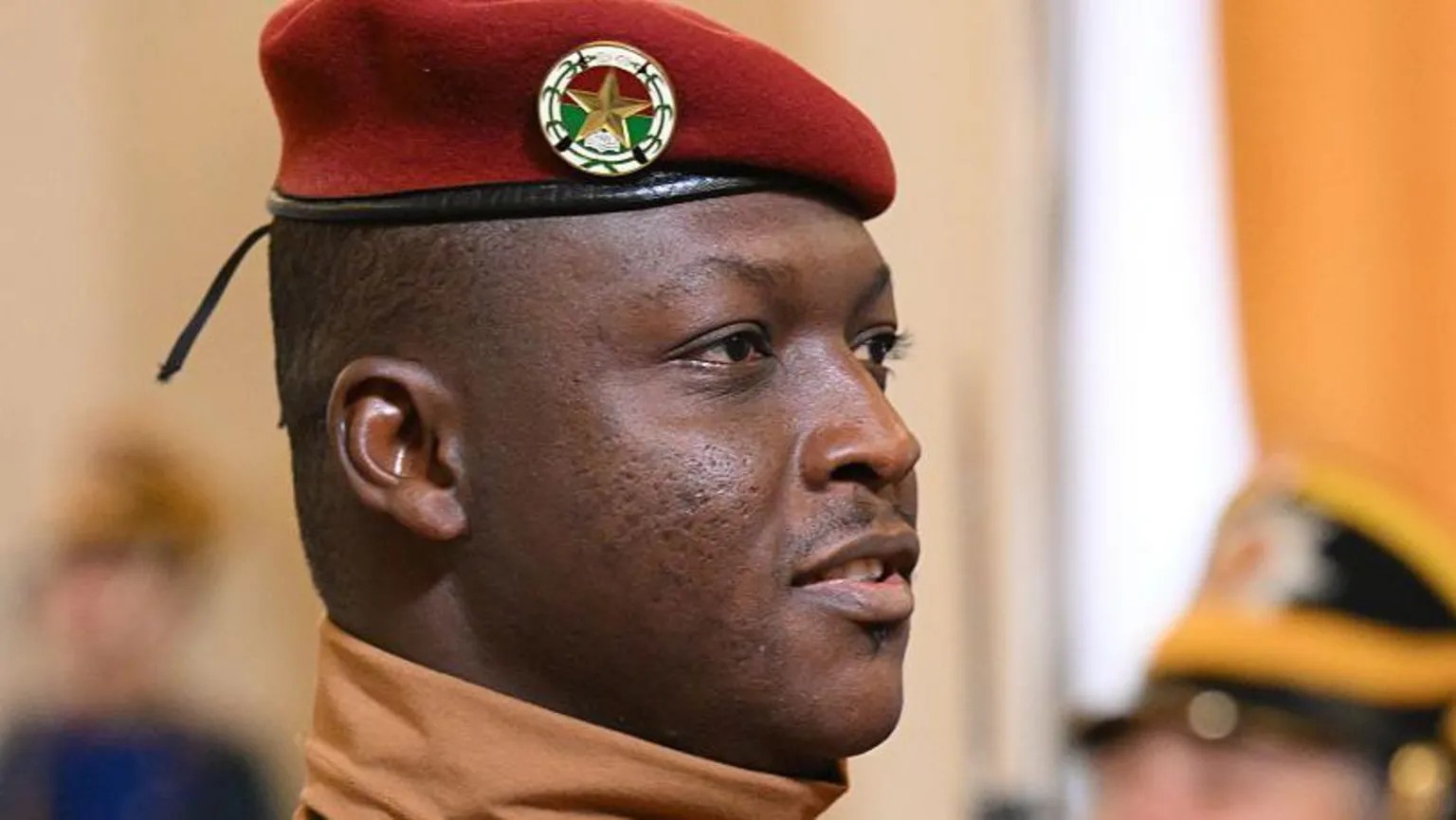
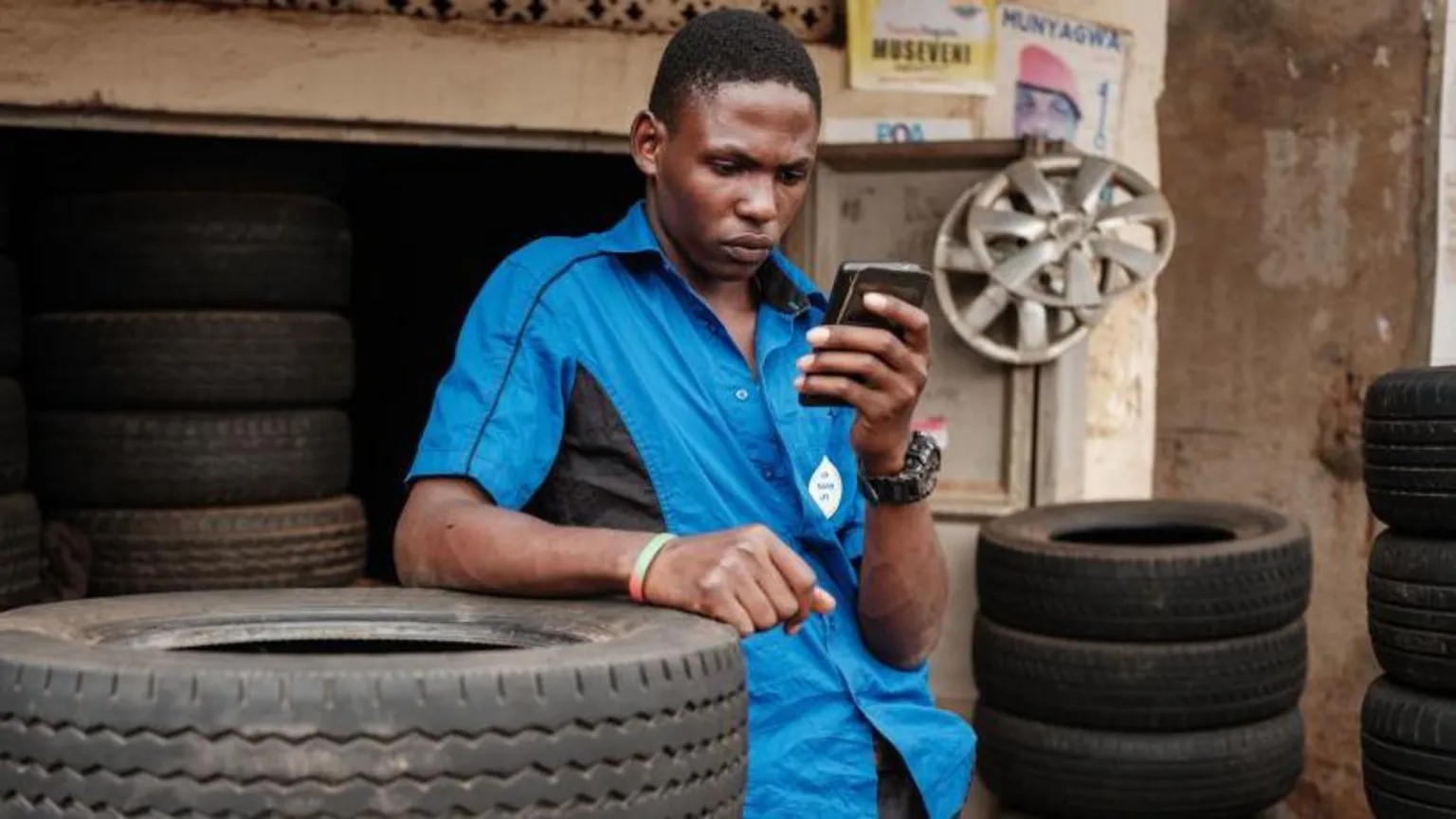
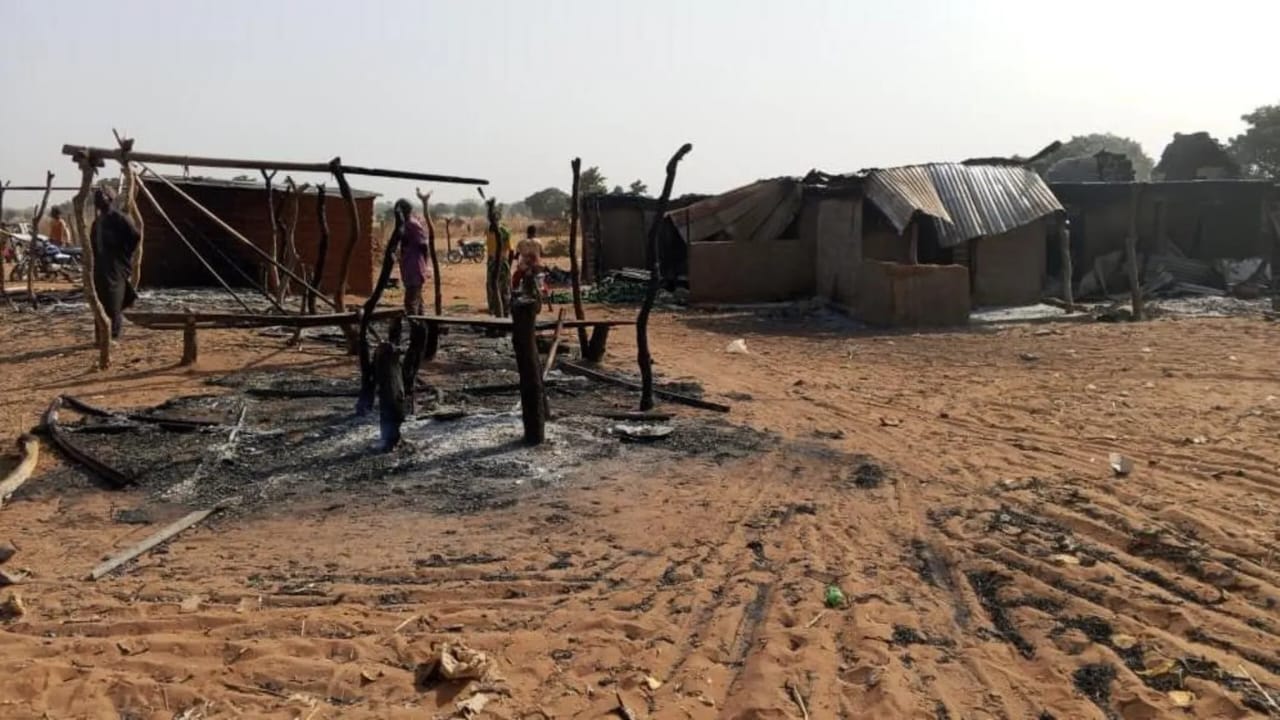
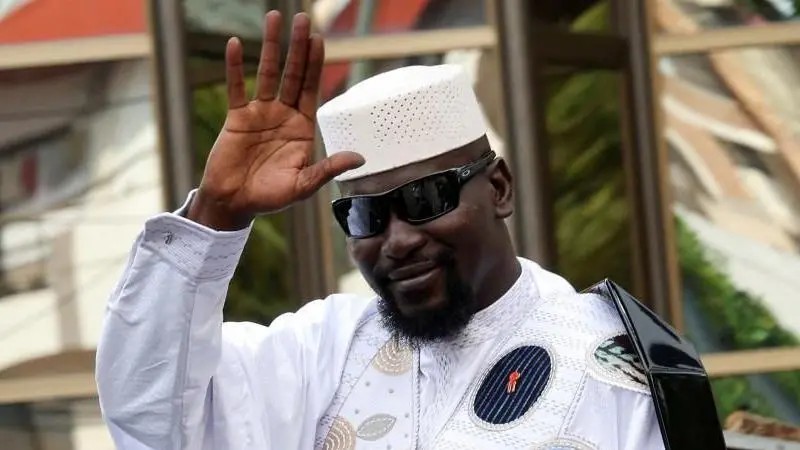
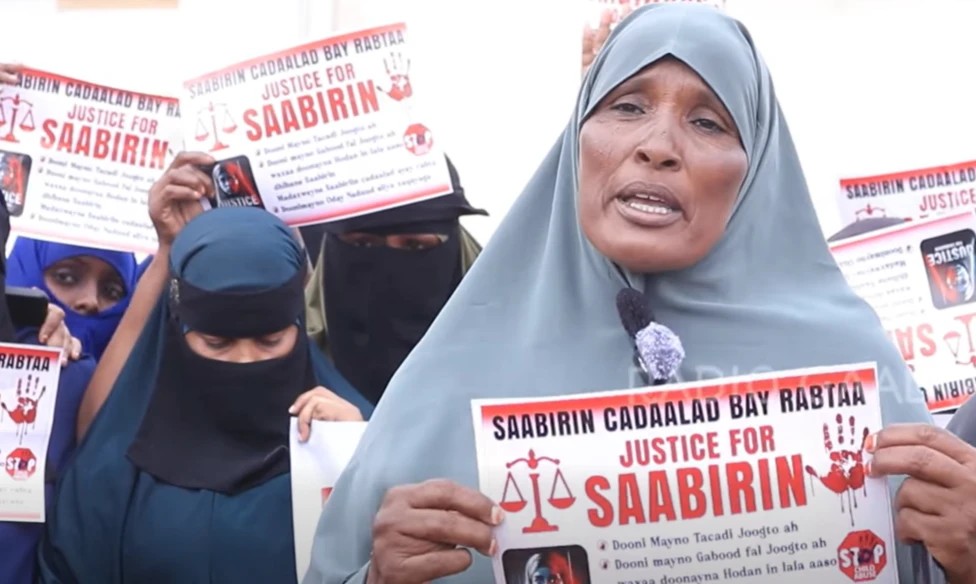

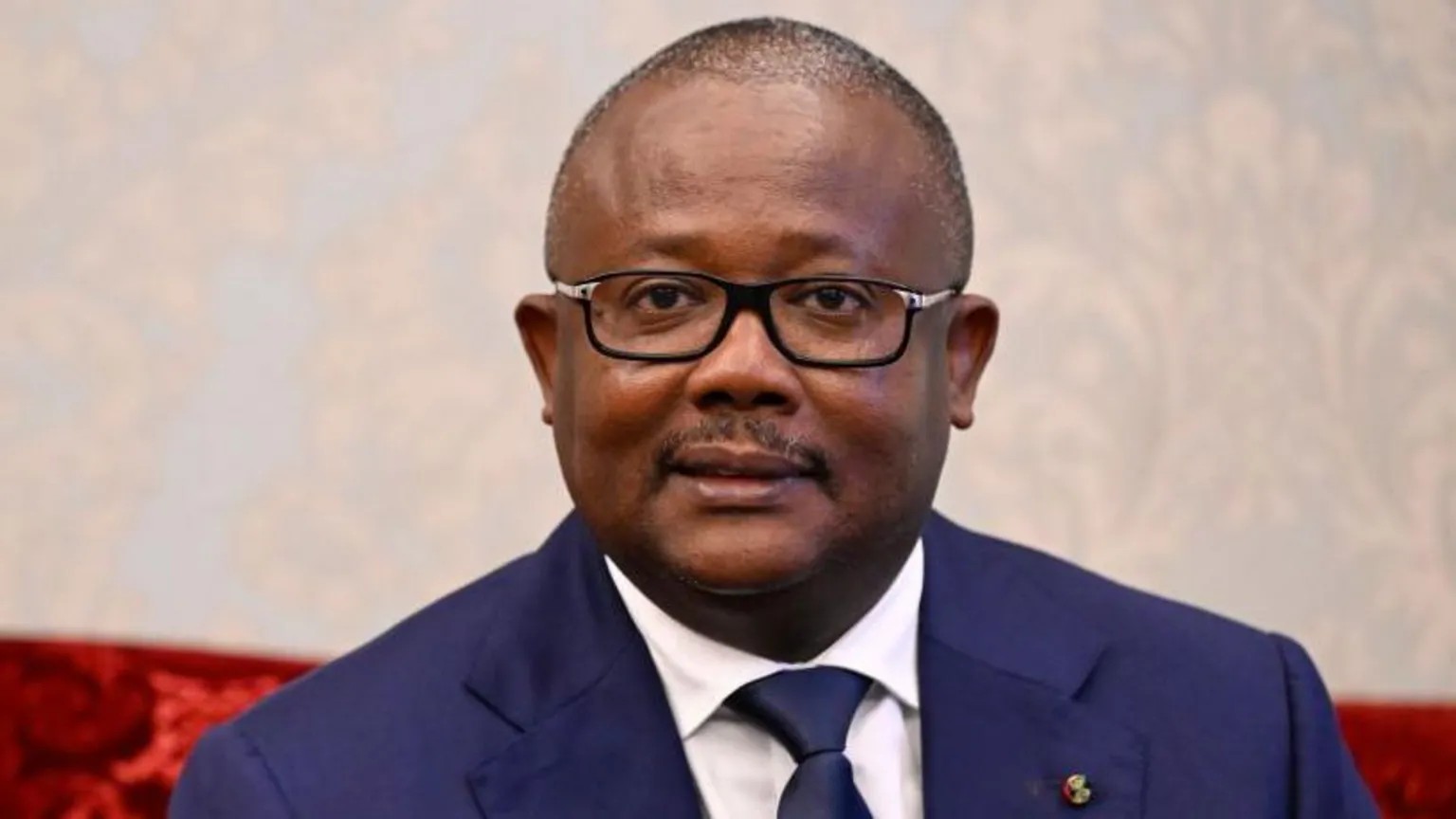
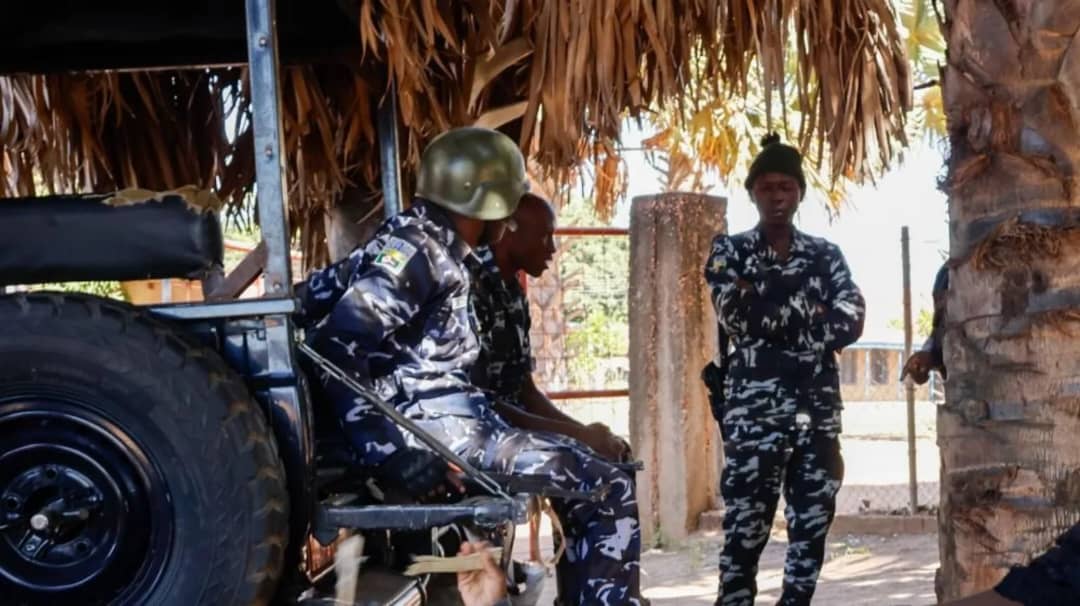
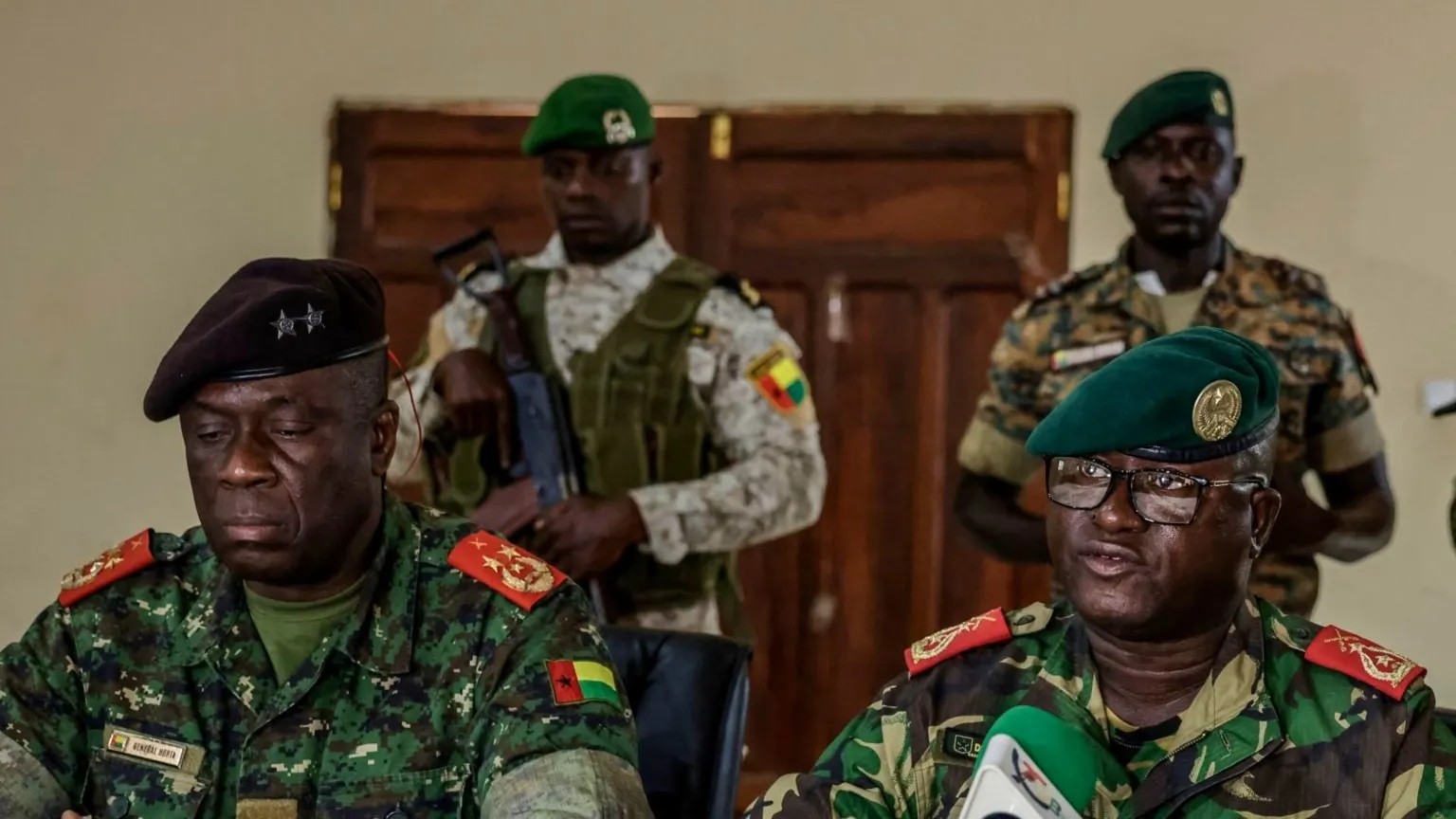
.jpg)
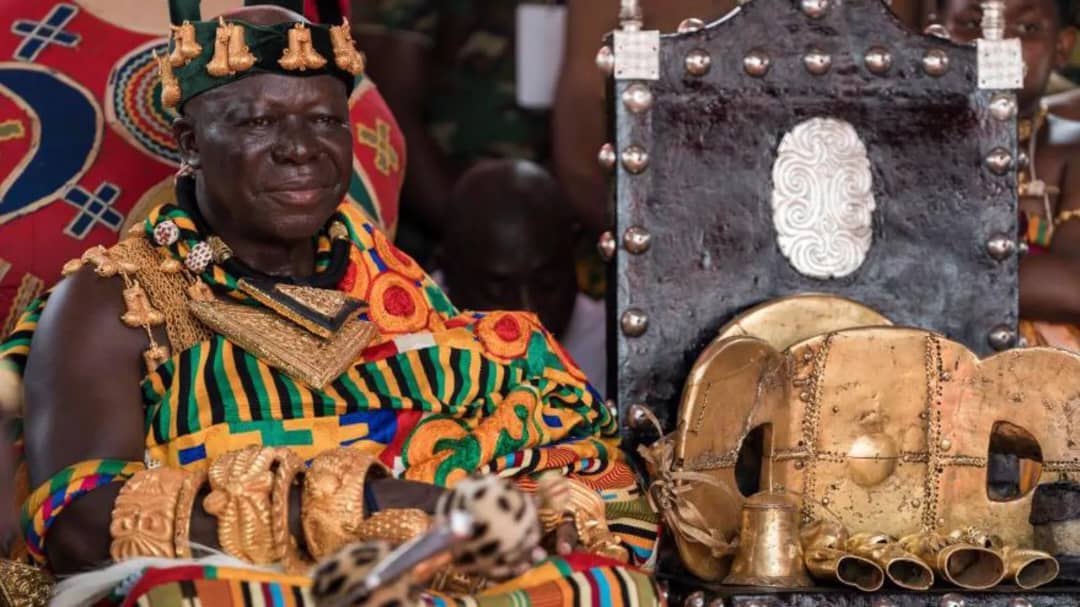


0 Comment(s)